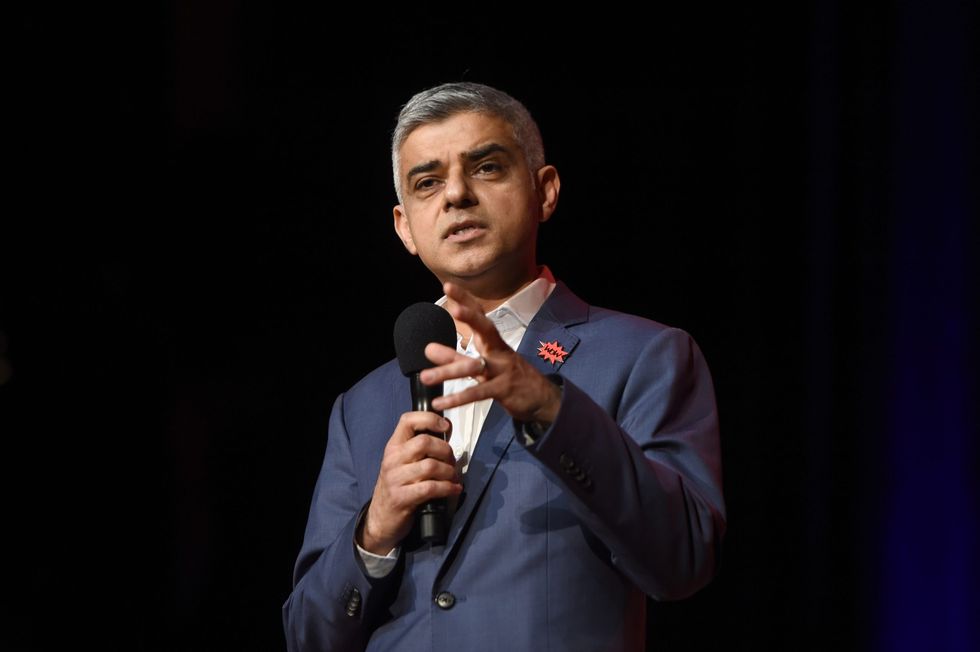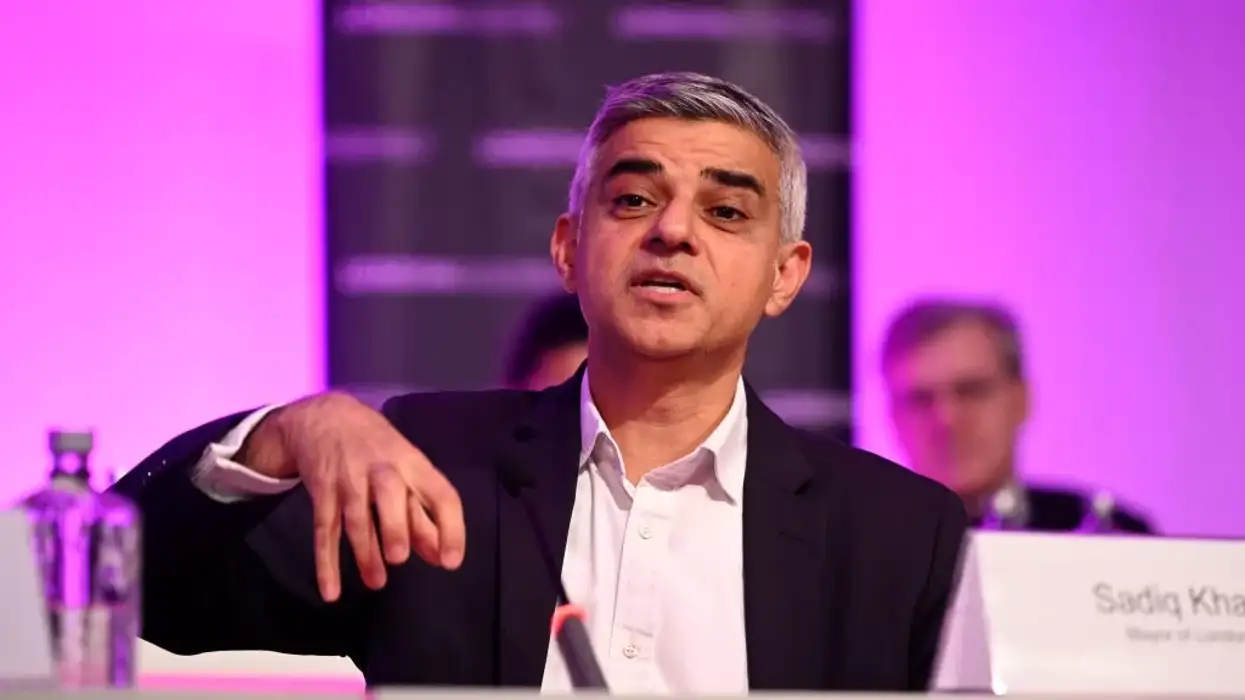A NEW survey has revealed that nearly half of Londoners think Sadiq Khan is doing a bad job as Mayor, reported MailOnline.
- According to a YouGov poll, 48 per cent of the respondents said Khan is performing badly, while more than a quarter of those surveyed said he was doing 'very badly.'
- This is Khan's worst approval rating for the first time since taking office in 2016.
- Meanwhile, just 38 per cent of respondents said they think he is doing 'well', representing a seven per cent drop since the last survey in March 2021.
- The figures show Khan is less popular in outer London, where 51 per cent of residents believe he is doing badly - dropping to 43 per cent in inner London.

The MailOnline report said that now Khan has a net approval rating of minus ten.
According to YouGov, Khan, 51, has entered negative territory for the first time. It added that in key issues such as crime, housing and transport, Khan is performing badly than well.
Khan performed well in ratings in his first year as Mayor in May 2017, when 61 per cent of Londoners believed he was doing a good job.
As part of the Mayor's 'streetspace' initiative, he introduced several hundred miles of temporary cycle lanes during the pandemic. It was ruled 'unlawful' by a judge last year.
The lanes sparked criticism from motorists for increasing congestion, and one on Kensington High Street was removed following a local outcry.
So-called Low Traffic Neighbourhoods (LTNs), which see pavements widened, roads closed off and cycle lanes introduced, have also been heavily criticised, the MailOnline report added.
Besides, Khan was last week accused of a 'money-making' plot to force motorists to 'pay per mile' to drive in the captial, to force those who use petrol or diesel cars to switch to public transport, walking, cycling or electric vehicles.
"Almost a year into his second term as Mayor of London, and for the first time since YouGov started asking in 2017, more Londoners think Sadiq Khan is doing badly than well. While he is retaining support amongst 2019 Labour voters, his scores have declined notably among them over the past year," Abigail Axe-Browne, research manager at YouGov, was quoted as saying by MailOnline.
"Perhaps more damaging for the Mayor is the fact 2019 Labour voters also tend to disapprove of his handling of housing and crime."
Knife crime remains an issue in London with 30 teenagers losing their lives to the scourge in 2021.
The poll, conducted between January 7 and 10, has revealed that Khan is much more popular among 18-24 year olds, with only 37 per cent of people in the category believing him to be performing badly.
He is most disliked by over 65s, with 56 per cent of such residents saying he is doing a bad job.
However, Khan performed better than other leaders in the poll, including Labour leader Sir Keir Starmer and prime minister Boris Johnson.
Only 33 per cent of Londoners believe Sir Keir is doing a good job, dropping to just 21 per cent for Johnson.





